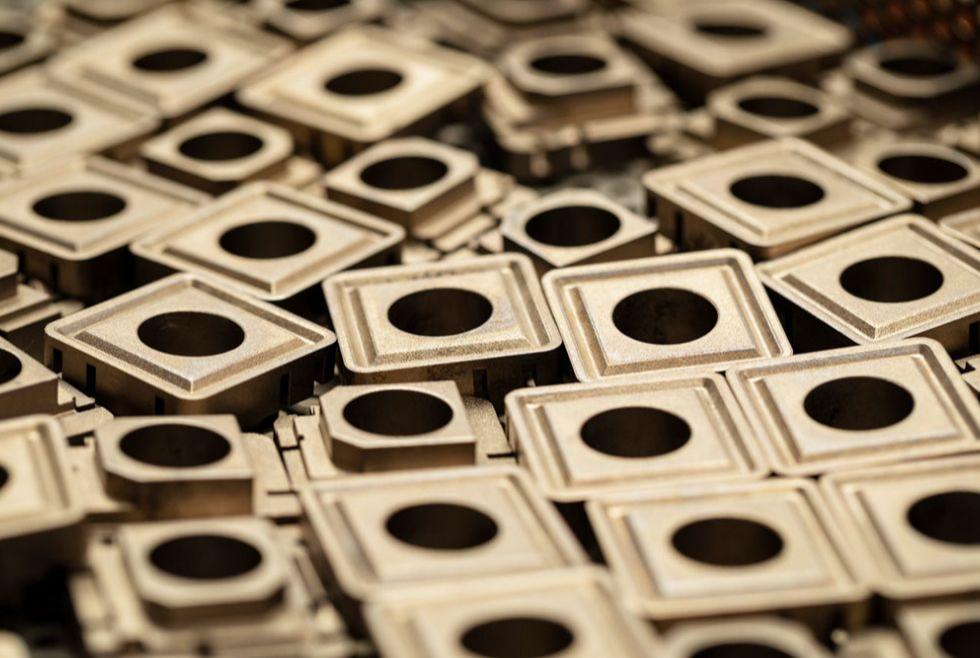
In precision mechanics, every detail makes a difference. Components destined for sectors such as aerospace, automotive, hydraulics and medical must comply with extremely tight tolerances and maintain performance even under critical operating conditions. For this, the choice of surface treatment is vital: it must guarantee protection, hardness and, above all, maximum dimensional accuracy.
Chemical nickel plating represents a technological solution of excellence for the precision engineering sector. Thanks to its ability to deposit uniform layers on every surface, even on complex geometries, it avoids costly and delicate operations such as post-treatment grinding.
The chemical nickel plating process differs from other galvanic treatments because it does not use electric current. The deposition of the coating occurs through an autocatalytic chemical reaction, which allows a constant and uniform thickness to be obtained on all surfaces of the component, including the most difficult-to-reach areas such as blind holes, grooves, slots and threads.
This feature is very important for precision mechanics: while electrolytic treatments can cause build-up or shortage of material in certain areas, chemical nickel plating allows dimensional tolerances to be maintained without the need to rework the part after treatment.
In other words, chemically nickel-plated components come out already fitted and ready to be assembled or used. This means eliminating or drastically reducing grinding or other post-treatment finishing operations, with clear advantages in terms of time, cost and process quality.
In the precision engineering sector, the advantages of chemical nickel plating translate into concrete benefits for companies:
Chemical nickel plating is widely used in numerous applications in precision mechanics, including:
In all these cases, the uniformity of the coating is essential to ensure the correct functioning of the components and compliance with technical specifications.
Chemical nickel plating is more than just a treatment: it is a strategic solution for precision engineering. Thanks to the high precision of the coatings, post-treatment grinding can be avoided, improving process efficiency and reducing operating costs.
For companies in the industry, choosing chemical nickel-plating means investing in quality, competitiveness and innovation.
Contact us to find out how our expertise in chemical nickel plating can help you with your needs.